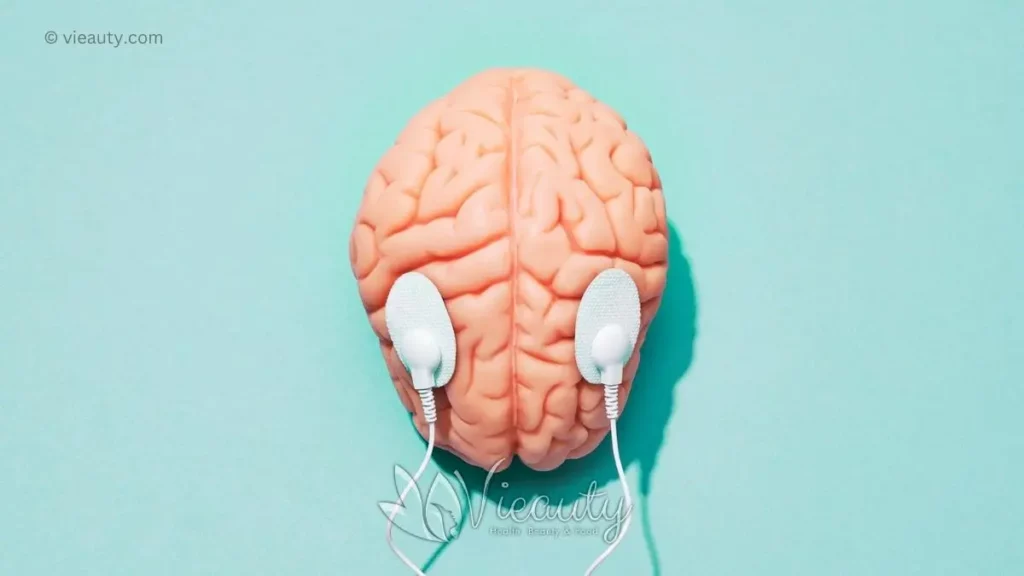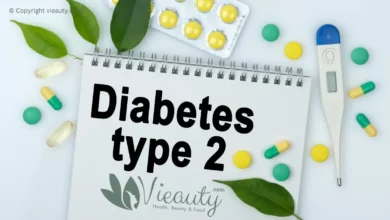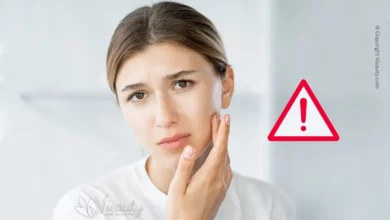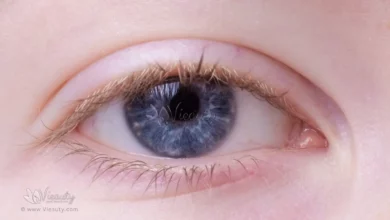Different Types of Treatments for Mental Health
Mental health is a crucial aspect of overall well-being. It encompasses our emotional, psychological, and social well-being and influences how we think, feel, and behave. Mental illness refers to a wide range of health conditions that affect our mood, thinking, and behavior. Fortunately, there are various types of treatments for mental health available to help individuals manage and overcome these problems. This article will explore the different types of therapy, treatment options, and support programs that can assist those dealing with mental health issues.
Table of Contents
- Types of Treatments for Mental Health
- What is Mental Illness and How is it Treated?
- What Are the Different Types of Therapy Available?
- What Are Some Common Treatment Options for Mental Health Problems?
- Are Support Groups and Community Mental Health Programs Helpful?
- FAQs about Mental Health Treatments
- Q: What are the different types of treatments for mental health?
- Q: What is psychotherapy?
- Q: How does medication help in the treatment of mental illness?
- Q: What is electroconvulsive therapy (ECT) and when is it used?
- Q: What are mental health services?
- Q: Are there any complementary treatments for mental health?
- Q: Can mental health conditions be cured?
- Q: What is cognitive-behavioral therapy (CBT)?
- Q: How can I manage a mental health condition?
- Q: Where can I find more information and support for mental health?
Types of Treatments for Mental Health
Mental health is a crucial aspect of overall well-being, yet it’s often overlooked or misunderstood. The good news is that there are various types of treatments available to support individuals in their journey towards mental wellness.
From traditional therapies to innovative interventions, the landscape of mental health treatment is diverse and constantly evolving. Whether you’re curious about psychotherapy, intrigued by alternative approaches like art therapy and meditation, or interested in exploring the role of medication, this article will take you on an enlightening exploration of the different types of treatments for mental health.
What is Mental Illness and How is it Treated?
Understanding Mental Illness and its Impacts

Mental illness encompasses a broad spectrum of disorders that affect the brain’s functioning and impact an individual’s thoughts, emotions, and behavior. It can significantly impair daily functioning and quality of life. Examples of mental health disorders include depression, anxiety, bipolar disorder, schizophrenia, and personality disorders.
Common Types of Mental Health Disorders
There are various types of mental health disorders, each with its unique set of symptoms and impacts. Some common mental health conditions include depression, anxiety disorders, bipolar disorder, schizophrenia, and eating disorders. These conditions can have a profound effect on an individual’s well-being and often require professional intervention to manage.
Overview of Mental Health Treatments
Treatments for mental health conditions often involve a combination of therapies and interventions. The goal is to alleviate symptoms, improve coping mechanisms, and enhance overall mental well-being. The type of treatment recommended depends on the specific disorder, the severity of symptoms, and the individual’s preferences.
What Are the Different Types of Therapy Available?
Exploring Psychotherapy as a Treatment Option
Psychotherapy, also known as talk therapy, is one of the most common forms of treatment for mental health disorders. It involves conversations with a trained mental health professional who helps individuals explore their thoughts, feelings, and behaviors. Psychotherapy aims to identify underlying issues, develop coping strategies, and improve problem-solving skills.
Understanding the Role of Mental Health Professionals

Mental health professionals, such as psychologists, psychiatrists, and licensed counselors, play a vital role in diagnosing and treating mental health conditions. They possess the expertise and knowledge to provide evidence-based interventions and support tailored to an individual’s unique needs.
Benefits of Talk Therapy for Mental Health
Talk therapy offers numerous benefits for individuals struggling with mental health problems. It provides a safe and non-judgmental space for individuals to express their emotions, gain insights into their thoughts and behaviors, and develop healthier coping mechanisms. Through talk therapy, individuals can foster resilience, improve self-esteem, and enhance their overall psychological well-being.
What Are Some Common Treatment Options for Mental Health Problems?
Overview of Medication-Based Treatments
Medication-based treatments involve the use of medications to manage and alleviate symptoms of mental health conditions. Antidepressants, antipsychotics, and mood stabilizers are commonly prescribed to individuals with depression, bipolar disorder, schizophrenia, and other mental health disorders. These medications work by balancing brain chemicals and regulating mood.
Benefits and Considerations of Electroconvulsive Therapy
Electroconvulsive therapy (ECT) is a treatment option primarily used for severe depression and certain other mental health conditions that are unresponsive to other forms of treatment. During ECT, a small electric current is passed through the brain, triggering a controlled seizure. This therapy has shown significant efficacy in reducing symptoms in many individuals, but it may have side effects and requires careful monitoring.
Introduction to Brain Stimulation Therapies
Brain stimulation therapies, including transcranial magnetic stimulation (TMS) and vagus nerve stimulation (VNS), offer alternative treatment options for individuals with treatment-resistant depression and other mental health conditions. These therapies involve the use of magnetic fields or electrical impulses to stimulate specific areas of the brain, promoting symptom relief.
Are Support Groups and Community Mental Health Programs Helpful?
Exploring the Role of Support Groups for Mental Health

Support groups provide an invaluable source of comfort, understanding, and encouragement for individuals living with mental health conditions. These groups bring together individuals who share similar experiences, allowing them to connect, share their stories, and learn from one another. Support groups foster a sense of community and provide emotional support, often contributing to improved mental well-being.
Understanding the Benefits of Community Mental Health Programs
Community mental health programs offer a wide range of support services, resources, and interventions to individuals with mental health conditions. These programs may include counseling services, educational workshops, peer support, and access to healthcare professionals. Community mental health programs aim to enhance access to mental health services and empower individuals to live healthier and more fulfilling lives.
How to Access and Make Use of Mental Health Services
Accessing mental health services is crucial for individuals seeking help. There are various avenues to explore, such as contacting local mental health clinics, reaching out to community organizations, or seeking recommendations from healthcare providers. It is essential to be proactive in seeking help and to make use of available resources to receive the support needed for mental well-being.
FAQs about Mental Health Treatments
What Are the Most Effective Treatment Options for Mental Illness?
The most effective treatment options for mental illness vary depending on the specific disorder and individual circumstances. However, evidence-based therapies, such as cognitive-behavioral therapy (CBT) and medication interventions, have shown significant efficacy in managing many mental health conditions.
How Can I Find the Right Mental Health Professional for Me?
Finding the right mental health professional involves considering their expertise, qualifications, and compatibility with your specific needs. It is essential to conduct research, seek recommendations, and schedule initial appointments to assess the fit between yourself and the professional.
What Should I Ask My Doctor before Pursuing Mental Health Treatments?
Before pursuing mental health treatments, it is crucial to ask your doctor relevant questions to gain a comprehensive understanding of the treatment options, potential side effects, and expected outcomes. Some questions to consider asking include the duration of treatment, potential risks, and alternative therapies that may be suitable for your specific needs.
Q: What are the different types of treatments for mental health?
A: There are several types of treatments available for mental health conditions. Some common treatments include psychotherapy, medication, electroconvulsive therapy, and mental health services.
Q: What is psychotherapy?
A: Psychotherapy, also known as talk therapy, is a type of treatment for mental health conditions. It involves talking to a mental health professional who can help you understand and manage your thoughts, feelings, and behaviors.
Q: How does medication help in the treatment of mental illness?
A: Medication is often used to treat mental illnesses such as depression, anxiety disorders, and psychotic disorders. It can help reduce symptoms and improve mental health by balancing chemicals in the brain.
Q: What is electroconvulsive therapy (ECT) and when is it used?
A: Electroconvulsive therapy (ECT) is a procedure in which electric currents are passed through the brain, intentionally triggering a brief seizure. It is primarily used to treat severe depression or other mental disorders when medication and therapy have been ineffective.
Q: What are mental health services?
A: Mental health services refer to the various resources and support available for individuals with mental health conditions. These services can include counseling, support groups, rehabilitation programs, and psychiatric evaluations.
Q: Are there any complementary treatments for mental health?
A: Yes, there are complementary treatments that can be used in addition to traditional therapies. Examples include yoga, meditation, art therapy, and acupuncture. It’s important to consult with your mental health professional before trying any complementary treatments.
Q: Can mental health conditions be cured?
A: While some mental health conditions can be effectively managed and symptoms reduced, there is no guaranteed cure for all mental illnesses. Treatment and support can help individuals live fulfilling lives despite their conditions.
Q: What is cognitive-behavioral therapy (CBT)?
A: Cognitive-behavioral therapy (CBT) is a type of therapy that focuses on identifying and changing negative patterns of thinking and behavior. It is commonly used to treat anxiety disorders, depression, and other mental health conditions.
Q: How can I manage a mental health condition?
A: Managing a mental health condition involves a combination of treatments, self-care strategies, and support systems. It’s important to work closely with your mental health professional, take medication as prescribed, engage in therapy sessions, and prioritize self-care activities.
Q: Where can I find more information and support for mental health?
A: There are several resources available for people living with mental health conditions. The National Alliance on Mental Illness (NAMI) is a great place to start for information, support groups, and advocacy. Additionally, the Department of Health in your local area can provide information on mental health services available in your community.







🌐 Elevate your mental well-being with a journey through various treatments on VieauTy!
From psychotherapy to medication, explore the diverse landscape of mental health care. 🧘♀️🌟 Dive in:
https://www.vieauty.com/types-of-treatments-for-mental-health
#vieauty #MentalHealthMatters #WellnessWednesday #TherapyTalks #MindfulLiving #HealthJourney #ExploreWellness #health